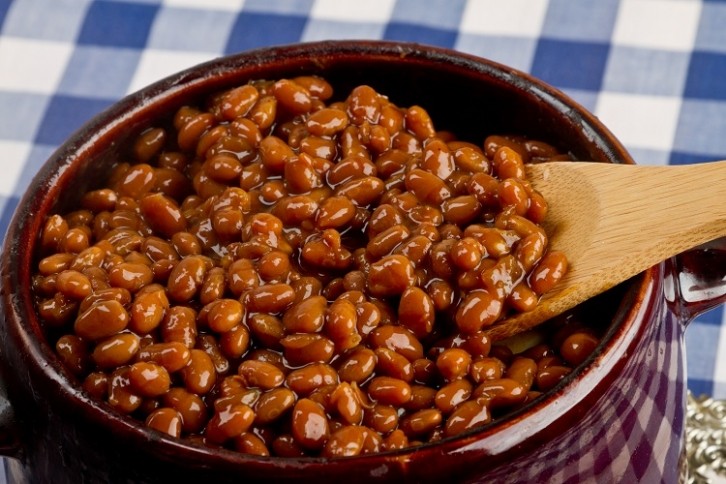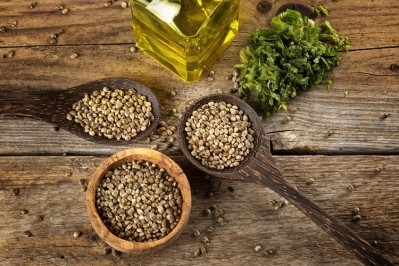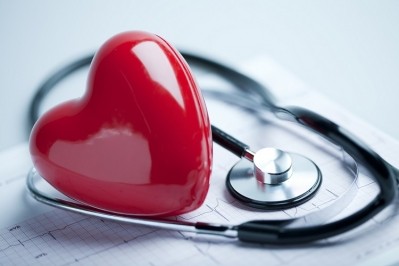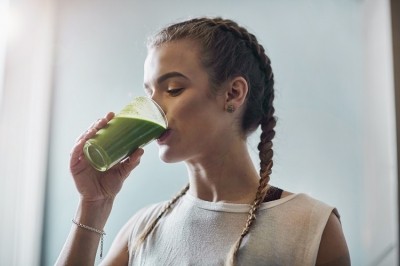Could eating beans aid cancer prevention?

A study by the University of Texas MD Anderson Cancer Center has found that eating foods such as navy beans, which are rich in gut-supporting nutrients, fibre and amino acids, enhances the diversity of the gut microbiome and could help to prevent and treat colorectal cancer.
How was the study conducted?
Funded by the American Cancer Society, the results of the BE GONE trial targeted the gut microbiota of obese participants, who presented with a history of colorectal neoplasia. Neoplasia being an uncontrolled, abnormal growth of cells or tissue in the body.
The non-invasive dietary intervention trial followed a four-week equilibration process, refining the initial 69 applicants, over the age of 30, down to the 55 who proceeded onto the study. Participants were split into two randomised groups, the first ‘control’ group continued consuming their usual diet, without beans, and the second ‘intervention’ group added a cup of study beans (pressure-cooked and canned organic navy beans stored in water with sea salt) to their usual diet each day. They followed these diets for eight weeks.
Stool and fasting blood were collected every four weeks, assessing the primary outcome of intra and inter-individual changes in the gut microbiome and in circulating markers and metabolites.
What is the gut microbiome?
Each of us has around 100,000 billion microbes or bacteria living in our gut. These are collectively referred to as the microbiome. The two most common species of helpful bacteria found in our gut microbiome are Lactobacillus and Bifidobacteria. Maintaining a healthy balance between the helpful (good) bacteria and the unhelpful (bad) bacteria is fundamental in supporting a healthy digestive system, with the gut now understood to be central to health, containing more than 70% of our immune system.
What the results tell us?
48 of the 55 patients completed the trial. Of those, the individuals in the ‘intervention’ group demonstrated an increase in the diversity of their gut bacteria. They also displayed changes in multiple bacteria, indicating prebiotic efficacy. In particular, increases in the good bacteria, Faecalibacterium, Eubacterium and Bifidobacterium were observed.
The findings of this study, published in eBIOMedicine, revealed BE GONE trial participants, who added a cup of navy beans to their meals each day, saw positive changes in their gut microbiome. A healthy and strong microbiome is associated with cancer prevention and improved treatment outcomes.
Researchers are planning to conduct further studies in the future, focusing on a wider variety of prebiotic foods and how changes in the microbiome could affect patients undergoing immunotherapy.
Beans are bursting with benefits
Beans, particularly navy beans, are full of gut-supporting fibre, amino acids, and other nutrients, which benefit the microbiome, supporting immune health and regulating inflammation.
“Fibre is particularly important for your gut microbiome, the collection of bacteria, fungi and viruses that live in your lower intestine,” Dr Emily Leeming, microbiome scientist and author of upcoming book Genius Gut, told FoodNavigator. “Fibre feeds your gut bacteria and they produce beneficial molecules called short-chain fatty acids that have a powerful effect on your health from your appetite to your mood. Beans also contain a type of fibre that your gut bacteria particularly like, prebiotic fibre called galacto-oligoshaccharides. They’re one of the best foods we can eat for our health.”
So should we be eating more of them? The answer seems to be overwhelmingly yes. However, some people do experience digestive issues as a result of their high-fibre content.
“I suggest starting really low,” advises Dr Leeming. “Starting with small amounts like a tablespoon or two and gradually increasing if you can. Eating canned beans rather than cooking beans yourself can also help with their digestibility, as well as rinsing the beans before you eat them.”
Beans are also great for the environment, as Amelia Christie-Miller, Founder and CEO of Bold Bean Co, enthuses, “beans are a great source of natural protein - but what excitingly is becoming more understood is how crucial beans are in our farming system. Beans are nitrate fixers as crops, which means they naturally replenish the soil with nitrogen leaving the farmer less requirement to use chemical fertilisers.”
Beans sales are booming
All this positive news about beans could explain why sales are on the up, with a recent survey from beans major Kraft Heinz finding 40% of Generation Z and Millennials in the UK having increased their intake of beans over the last two years and 41% citing them as a good source of protein.
The United Nations World Pulses Day is coming up on 10 February, so it’s the perfect opportunity to give fibre-rich, gut-friendly beans and other pulses, such as chickpeas and lentils, a try.
Source: Modulating a prebiotic food source influences inflammation and immune-regulating gut microbes and metabolites: insights from the BE GONE trial
Published online: 30 November 2023
DOI: https://www.thelancet.com/journals/ebiom/article/PIIS2352-3964(23)00439-5/fulltext
Authors: Xiaotao Zhang, Ehsan Irajizad, Kristi L. Hoffman, Johannes F. Fahrmann, Fangyu Li, Yongwoo David Seo, Gladys J. Browman, Jennifer B. Dennison, Jody Vykoukal, Pamela N. Luna, Wesley Siu, Ranran Wu, Eunice Murage, Nadim J. Ajami, Jennifer L. McQuade, Jennifer A. Wargo, James P. Long, Kim-Anh Do, Johanna W. Lampe, Karen M. Basen-Engquist, Pablo C. Okhuysen, Scott Kopetz, Samir M. Hanash, Joseph F. Petrosino, Paul Scheet, Carrie R. Daniel
























